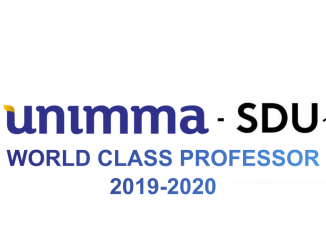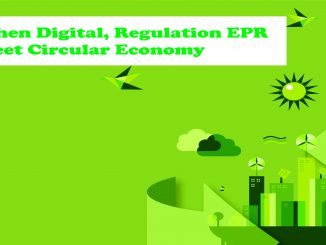It seems we can’t find what you’re looking for. Perhaps searching can help.
Page not found (404)
Latest Articles
Popular Articles
-
 WORLD CLASS PROFESSOR 2020 Conducted by UNIMMA in collaboration with University of Southern Denmark (SDU) Universitas Muhammadiyah Magelang Southern Denmark University Yun Arifatul Fatimah, ST. MT. PhD Kannan – Professor Kannan Govindan Improving the [...]
WORLD CLASS PROFESSOR 2020 Conducted by UNIMMA in collaboration with University of Southern Denmark (SDU) Universitas Muhammadiyah Magelang Southern Denmark University Yun Arifatul Fatimah, ST. MT. PhD Kannan – Professor Kannan Govindan Improving the [...] -

-



